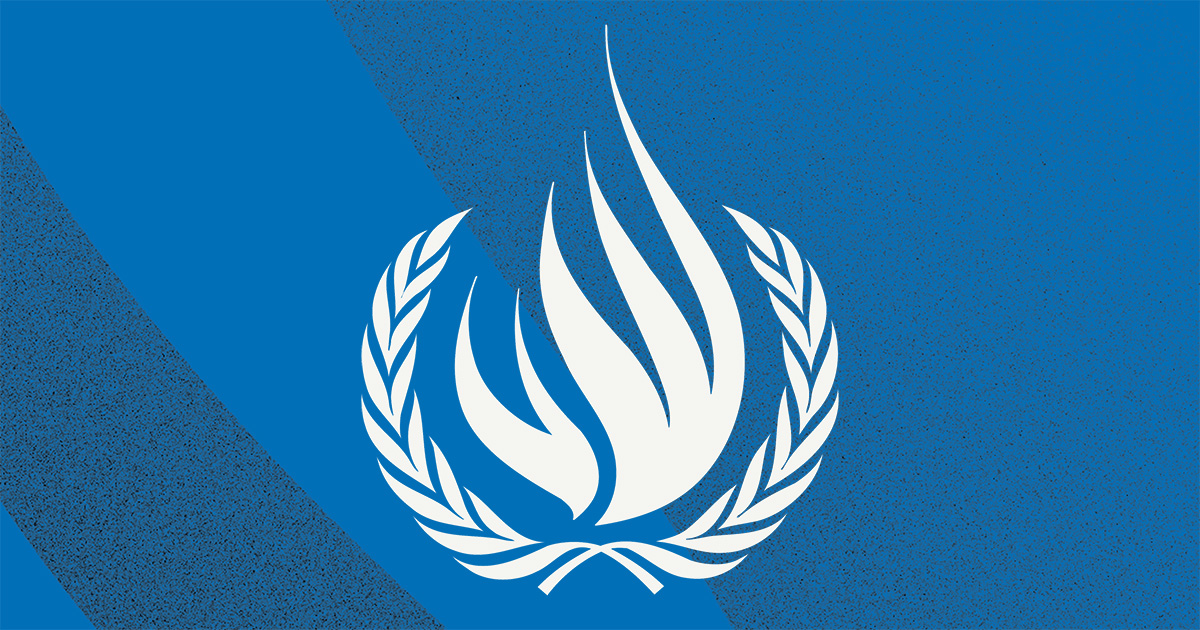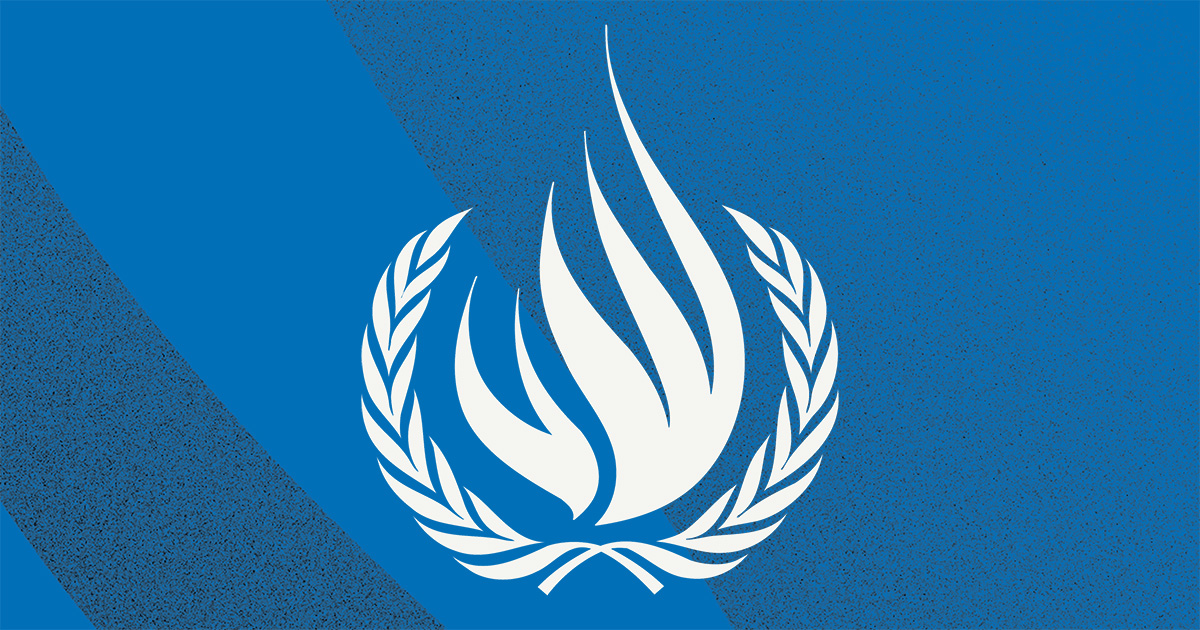
NEW YORK – In an increasingly polarised world, Artificial Intelligence (AI) has the potential to unite humanity, an independent human rights expert said today.
“Those living in poverty, and in situations of vulnerability are particularly affected by the expansion of AI surveillance which is being used by States as a tool of ‘over-policing’ marginalised communities,” said Cecilia Bailliet, the Independent Expert on human rights and international solidarity, in a report to the UN General Assembly.
“I have grave concerns about when the use of AI violates the right to privacy due to facial recognition; discrimination against women, persons with disabilities and minorities, among others, in hiring; or the denial of self-realisation of life goals (or a life’s project) such as denial of requests for housing or educational loans.”
“It is imperative to identify intersectoral vulnerabilities to AI discrimination, including race, ethnicity, religion, gender, location, nationality and socioeconomic status,” Bailliet said.
“The concentration of power among the technology companies and AI developers, is concerning, and poses a significant risk to worsening the digital divide between and within countries and among different sectors of society,” the expert said.
“Despite the risks, there is also an opportunity for AI to be used as a unifying force, by creating preventive and reactive solidarity mechanisms to address disinformation and misinformation campaigns that result in societal violence or in the harassment, surveillance, discrimination or disproportional censorship of structurally silenced communities,” Bailliet said.
She called upon States, corporations, and civil society to promote a global multistakeholder AI international solidarity governance model to promote the full inclusion of vulnerable groups and individuals in data processing and decision making in the life cycle of AI.
A press briefing on the report will take place today at 11:00 a.m. at UN Secretariat building, Press Briefing Room: S-236 (2nd Floor).
Cecilia M Bailliet is the Independent Expert on human rights and international solidarity.
The Independent Experts are part of what is known as the Special Procedures of the Human Rights Council. Special Procedures, the largest body of independent experts in the UN Human Rights system, is the general name of the Council’s independent fact-finding and monitoring mechanisms that address either specific country situations or thematic issues in all parts of the world. Special Procedures’ experts work on a voluntary basis; they are not UN staff and do not receive a salary for their work. They are independent from any government or organisation and serve in their individual capacity.
**International solidarity is the expression of a spirit of unity among individuals, peoples, civil society actors, businesses, States, and international organizations to pursue networked multilateralism promoting social cohesion and trust.
For more information and media requests please contact: hrc-ie-solidarity@un.org
For media inquiries related to other UN independent experts, please contact Dharisha Indraguptha (dharisha.indraguptha@un.org) or John Newland (john.newland@un.org)
Follow news related to the UN’s independent human rights experts on Twitter @UN_SPExperts.











